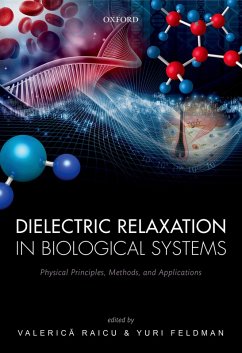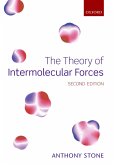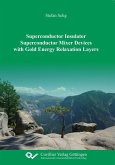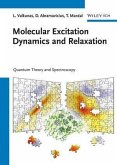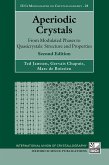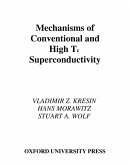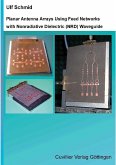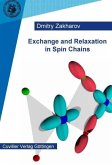The study of dielectric properties of biological systems and their components is important not only for fundamental scientific knowledge but also for its applications in medicine, biology, and biotechnology. The associated technique - known as dielectric spectroscopy - has enabled researchers to quickly and accurately acquire time- or frequency-spectra of permittivity and conductivity and permitted the derivation and testing of realistic electrical models for cells and organelles. This text covers the theoretical basis and practical aspects of the study of dielectric properties of biological systems, such as water, electrolyte and polyelectrolytes, solutions of biological macromolecules, cells suspensions and cellular systems. The authors' combined efforts provide a comprehensive and cohesive book that takes advantage of the expertise of multiple scientists involved in cutting-edge research in the specific sub-fields of bio-dielectric spectroscopy while maintaining its self-consistency through numerous discussions. The first six chapters cover theoretical, methodological and experimental aspects of relaxation and dispersion in biological dielectrics at molecular, cellular and cellular aggregate level. Applications are presented in the following chapters which are organized in the order of increased complexity, beginning with pure water, amino acids and proteins, continuing with vesicles and simple cells such as erythrocytes, and then with more complex, organelle-containing cells and cellular aggregates. Due to its broad coverage, the text could be used as a reference book by researchers, and as a textbook for upper-level undergraduate classes and graduate classes in (bio) physics, medical physics, quantitative biology, and engineering.
Dieser Download kann aus rechtlichen Gründen nur mit Rechnungsadresse in A, B, BG, CY, CZ, D, DK, EW, E, FIN, F, GR, HR, H, IRL, I, LT, L, LR, M, NL, PL, P, R, S, SLO, SK ausgeliefert werden.

